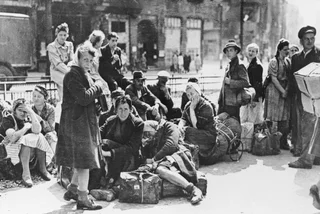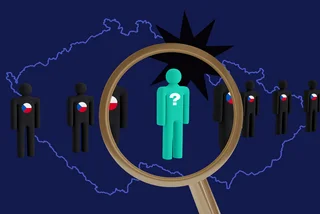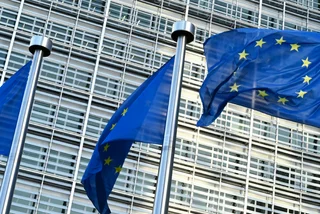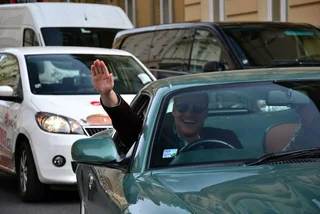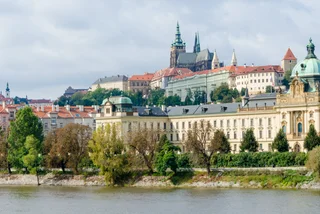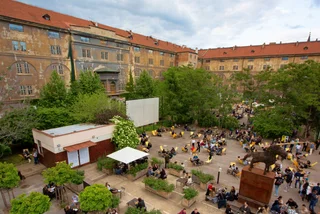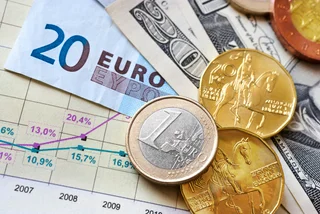A new poll illuminates how Czechs view the country’s diverse populations, revealing a mix of long-standing friendships, quiet indifference, and deep-rooted biases based on history and current politics. The survey, released Monday, asked respondents to indicate their attitudes toward 14 different national groups.
Slovaks, Vietnamese are most-liked
According to a survey by the Center for Public Opinion Research (CVVM), Czechs are (perhaps unsurprisingly) most sympathetic toward themselves, with 76 percent expressing positive views towards other Czechs.
PARTNER ARTICLE
However, different groups with high numbers of immigrants in Czechia also got a favorable rating. Slovaks are Czechs’ most preferred foreign nationality, with seven in 10 respondents saying they feel warmly toward their neighbors. This reflects the close cultural ties that persist decades after Czechoslovakia’s split.
In third place are the Vietnamese – making up a bulk of Czechia’s population – viewed positively by 52 percent of Czechs. Their presence in the country dates back to the socialist era, and their strong integration into Czech society may explain this relatively high level of acceptance.
Poles also rank fairly well, with around half of all respondents describing them as likable.
Germans, Hungarians, and Jewish people: A lukewarm outlook
Several other groups fall into a kind of social “neutral zone.” Germans, Jewish people, Hungarians, Bulgarians, and Chinese were mostly met with middle-of-the-road opinions; neither outright liked nor disliked, according to CVVM.
However, even within these neutral ratings, positive responses slightly outpaced negative ones, hinting at a cautious but generally open attitude. Around one in three people, for example, express clearly positive sentiments about Jewish people: this may make sense given the Czech state's historically pro-Israel stance.
A mixed picture for Ukraine and Russia
Ukrainians, who now make up the largest foreign community in the country, received a mixed verdict: 45 percent of respondents expressed a neutral stance, while 25 percent viewed them positively and 29 percent negatively.
Interestingly, Ukrainians are viewed more favorably by people with higher levels of education, suggesting that attitudes may shift with time and awareness. According to the latest data from the Interior Ministry, about 380,000 refugees fleeing Putin’s war are in temporary protection.
On the flipside, the strong antipathy toward Russians appears to be growing, likely influenced by the full-scale invasion. In fact, 22 percent of Czechs said they find Russians “very unsympathetic.”
The least popular? Roma and people of Arab origin
The Czech dislike of Russians surpasses even the traditionally high dislike for another group, the Roma (19 percent). Still, the Roma people remain the most unpopular minority, with 56 percent of Czechs labeling them as unsympathetic, which is a sentiment that has held steady in past polls.
Just one in 20 people labelled the Roma as “very sympathetic” or liked, a reflection of the nation’s ongoing struggle to overcome longstanding prejudice and social exclusion.
Last year, the Czech government officially adopted a definition of "antigypsyism," marking a clear stance against discrimination toward the Roma minority. Although not legally binding, the definition is intended to raise awareness and address the various forms of racism and exclusion experienced by the Roma community.
People of Arab origin are also among the least popular groups, with over half (54 percent) of respondents expressing dislike. This sentiment may be linked to unease over immigration policies. Current political debates on immigration, integration, and security – often amplified by broader European discussions – tend to fuel negative attitudes toward immigrants from the Middle East and refugees.













 Reading time: 3 minutes
Reading time: 3 minutes 


